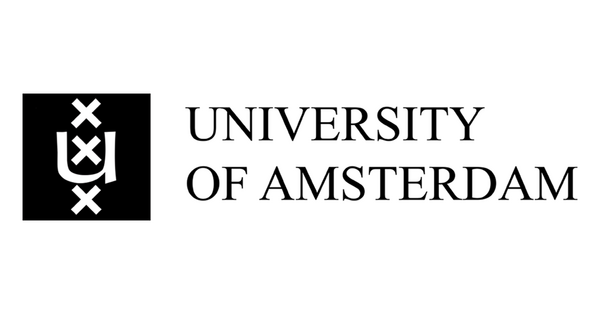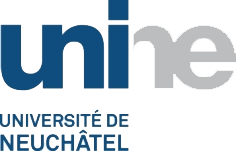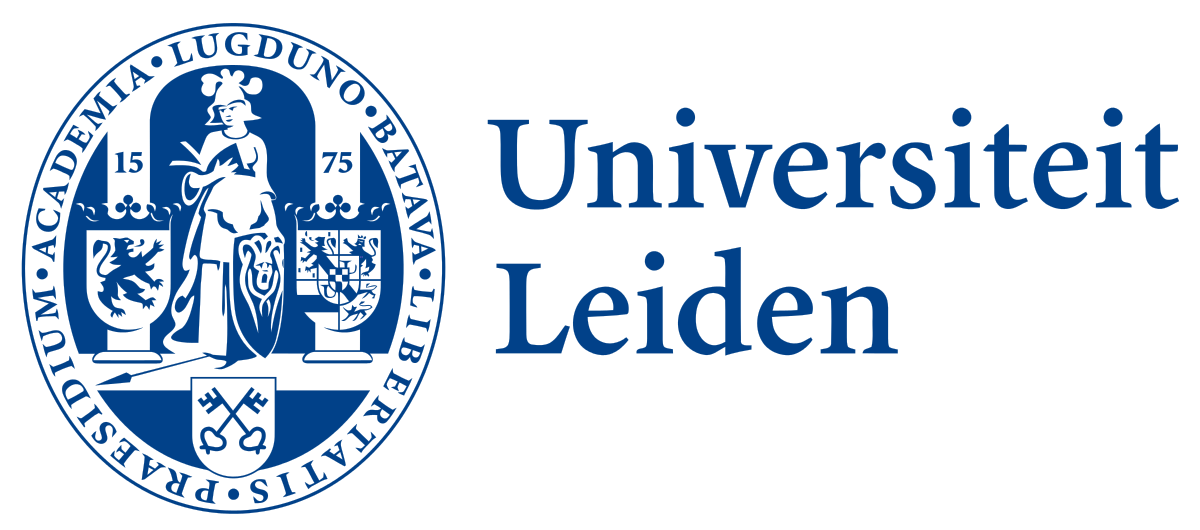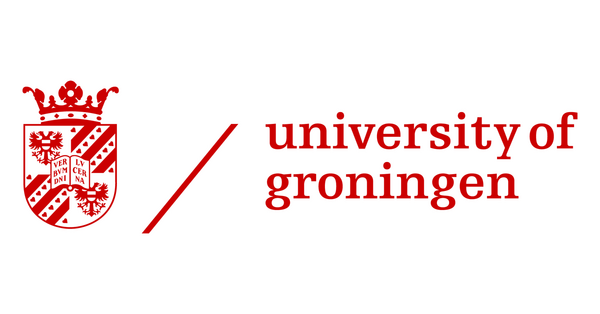Snabbfakta
-
- Amsterdam
- Heltid
- Rekrytering
Kategorier:
- Samhällsvetenskap
Titlar:
- Doktorand
Ansök senast: 2025-01-06
PhD Coastal Squeezing Dynamics and Solutions
Do you want to work in an interdisciplinary team to help understand the complex natural and social dynamics involved in coastal squeezing in order to generate innovative coastal management solutions? Then this PhD position might be for you!
About the position
This PhD project aims to advance fundamental understanding of the complex dynamics and the interdependencies of the physical, ecological, and political components involved in “coastal squeezing” (i.e., when natural and anthropogenic pressures, from both seaward and landward directions, restrict coastal areas). Coastal squeezing, both within the Netherlands and around the world, threatens the resilience and increases the vulnerability of coastal communities and coastal ecology. Addressing these impacts on coastal systems requires a multidisciplinary approach.
The work of the PhD can range from analyzing and modeling coastal morphodynamics, identifying creative and effective intervention strategies, assessing their political feasibility and ethical desirability, and engaging local stakeholders. The project will be jointly supervised by a coastal morphologist and a climate ethicist, and will engage with a wider interdisciplinary network at the Institute for Biodiversity and Ecosystem Dynamics (IBED) and across the Netherlands. The PhD will be encouraged to help shape the project in accordance with their own vision and expertise.
What are you going to do?
Your work will help identify the central driving forces behind coastal squeezing and assess possible intervention strategies. Your work will help form an essential bridge between our understanding of natural processes across time (e.g., current and wave dynamics, sediment transport, ecological change), and the social, political, and economic realities of possible interventions (e.g., bigger scale or self-reinforcing nourishments like the sand motor; coastal realignment; adjusting flooding strategies; influencing waves and streams by triggering morphological, sea life and vegetation responses to interventions; implementing breakwaters; relocating dikes). By applying morphodynamic models on a range of focal systems (including deltas, estuaries, and sandy beaches), you will help unravel critical dynamics relevant to sustainable coastal management. We have preliminarily identified the Dutch Coast and the Western Scheldt Estuary, the Mississippi Delta, and the Atlantic and Gulf Coasts of the U.S. as focal systems, but candidate interest will help finalize the selection. Through robust collaboration with local stakeholders, your work will help generate and evaluate possible futures, their tradeoffs, and concrete action pathways that are directly relevant for decision makers. The project is a unique opportunity for you to integrate both empirical and ethical analysis on a matter of high local and global importance.
Tasks and responsibilities:
- Conduct independent, fundamental, interdisciplinary research leading to a Ph.D. thesis within the official appointment duration of four years
- Engage robustly with coastal communities, policymakers, and other stakeholders
- Build international network and exchange findings at relevant conferences and workshops
- Actively participate in departmental life (attend meetings, seminars, workshops, etc.)
- Contribute to education programs within the faculty (about 10% of your time)
Your profile
We are looking for someone, preferably with a background in natural sciences, who is motivated to address big challenges, is willing to think creatively, and possess a natural curiosity to unravel nature’s dynamics. You should value being part of a team, and look for opportunities to help co-create the team dynamic, while also being able to work independently. Given the multidisciplinary nature of the project, it is important that you can communicate effectively in academic and non-academic settings. While we do not expect you to have specific training in ethics, politics, or economics, you should have the willingness to gain knowledge in these fields and appreciate the importance of integrating insights from them with the natural sciences.
Your experience and profile:
- MSc in Earth Sciences (Geomorphology, Hydrodynamics, Coastal System Management, Physics, or related background) or, alternatively, a MSc in Ethics, Politics, Political Economy, Political Ecology, or similar, with a keen interest in learning about Earth sciences and coastal system science.
- Experience with and/or interest in working with process-based numerical models, preferably with morphodynamic or hydrodynamic models, or the willingness to learn.
- Affinity with or interest in scientific computer programming (e.g., R, Matlab, Python)
- Strong interest in interdisciplinary and stakeholder collaboration
- Interest in values-based policy/management decisions
- Professional command of English (knowledge of Dutch is a plus, but not required)
Our offer
A temporary contract for 38 hours per week for the duration of 4 years (the initial contract will be for a period of 18 months and after satisfactory evaluation it will be extended for a total duration of 4 years). The preferred starting date is as soon as possible, in mutual agreement, preferably by March. This should lead to a dissertation (PhD thesis). We will draft an educational plan that includes attendance of courses and (international) meetings. We also expect you to assist in teaching undergraduates and master students.
For this position the University Job Classification profile “Promovendus” (PhD student) applies. Your salary will be €2,872 gross per month in the first year and will increase to €3,670 in the final year, based on full-time employment of 38 hours per week. This does not include 8% holiday allowance and 8,3% year-end allowance.
Besides the salary and a vibrant and challenging environment at Science Park we offer you multiple fringe benefits:
- 232 holiday hours per year (based on fulltime) and extra holidays between Christmas and 1 January;
- multiple courses to follow from our Teaching and Learning Centre;
- a complete educational program for PhD students;
- multiple courses on topics such as leadership for academic staff;
- multiple courses on topics such as time management, handling stress and an online learning platform with 100+ different courses;
- 7 weeks birth leave (partner leave) with 100% salary;
- partly paid parental leave;
- the possibility to set up a workplace at home;
- a pension at ABP for which UvA pays two third part of the contribution;
- the possibility to follow courses to learn Dutch;
- help with registration at UvA- Housing for a studio or small apartment when you’re moving from abroad.
Are you curious to read more about our extensive package of secondary employment benefits, take a look here.
Where you will work
The Institute for Biodiversity and Ecosystem Dynamics (IBED) is one of eight research institutes of the Faculty of Science at the University of Amsterdam. The research at IBED aims to unravel how ecosystems function in all their complexity, and how they change due to natural processes and human activities. At its core lies an integrated systems approach to study biodiversity, ecosystems and the environment. IBED adopts this systems approach to ecosystems, addressing abiotic and biotic factors, and the interplay between those. The IBED vision includes research encompassing experimental and theoretical approaches at a wide variety of temporal and spatial scales, i.e. from molecules and microorganisms to patterns and processes occurring at the global scale. The University of Amsterdam has excellent high performance computing facilities. Furthermore, IBED has a dedicated computational support team with specialized knowledge of bioinformatics, (geo)database management and scientific programming. IBED also works with non-academic partners to deliver transdisciplinary science for society.
The position will be based in two departments within IBED:
- Department of Ecosystem and Landscape Dynamics. The Ecosystem and Landscape Dynamics (ELD) research department improves our understanding of the functioning and dynamics of abiotic and biotic components of (geo-)ecosystems across landscapes through time. Dr. Maan is a member of ELD.
- Department of Theoretical and Computational Ecology. Research in the Department of Theoretical and Computational Ecology (TCE) focuses on understanding the complexity of ecological systems by using theoretical and advanced computational approaches. Dr. Hickey is a member of TCE.
If you feel the profile fits you, and you are interested in the job, we look forward to receiving your application. You can apply online via the button below. We accept applications until and including January 6th, 2025.
Applications should include the following information (all files besides your cv should be submitted in one single pdf file):
- a detailed CV;
- a letter of motivation;
- the names and email addresses of two references who can provide letters of recommendation.
Only complete applications received within the response period via the link below will be considered. A knowledge security check can be part of the selection procedure (for details: national knowledge security guidelines). We will invite potential candidates for interviews soon after the closing date.
Do you have any questions or do you require additional information? Please contact:
- Annemarie van Wezel; a.p.vanwezel@uva.nl



